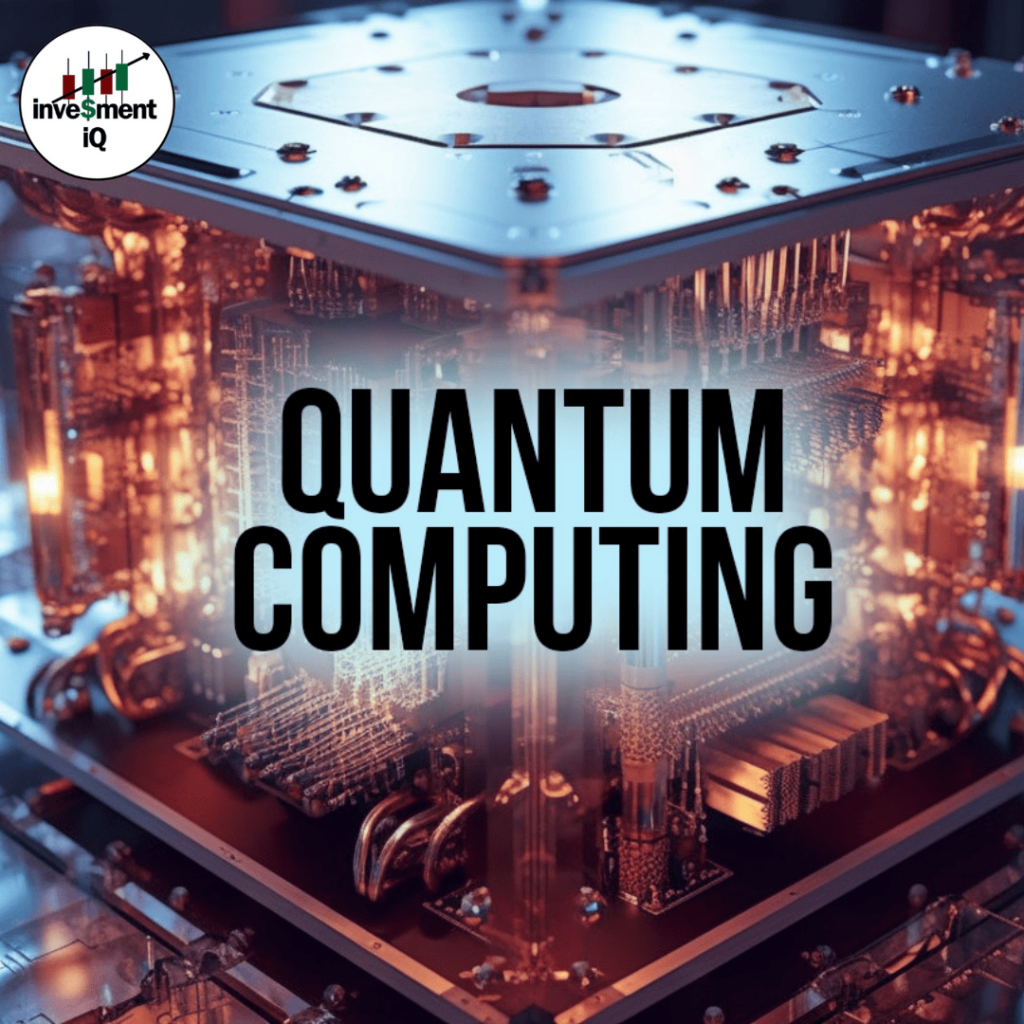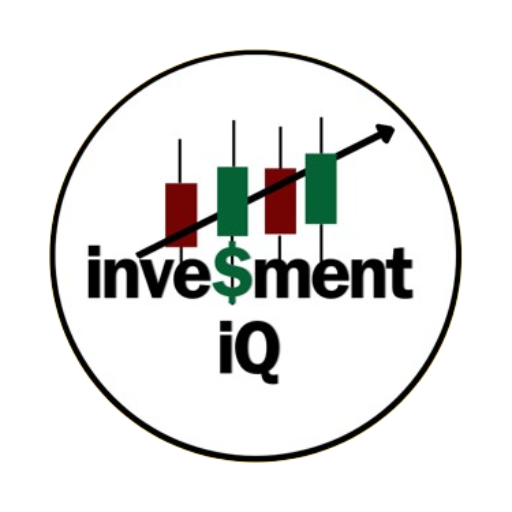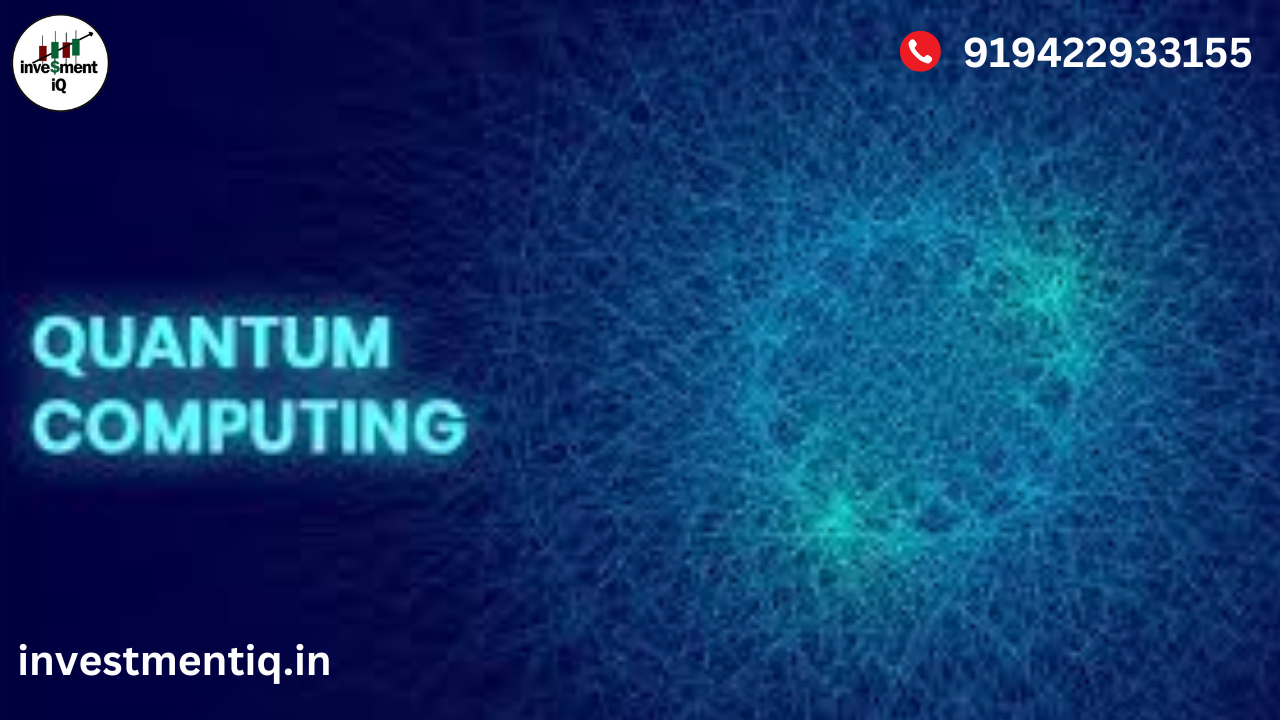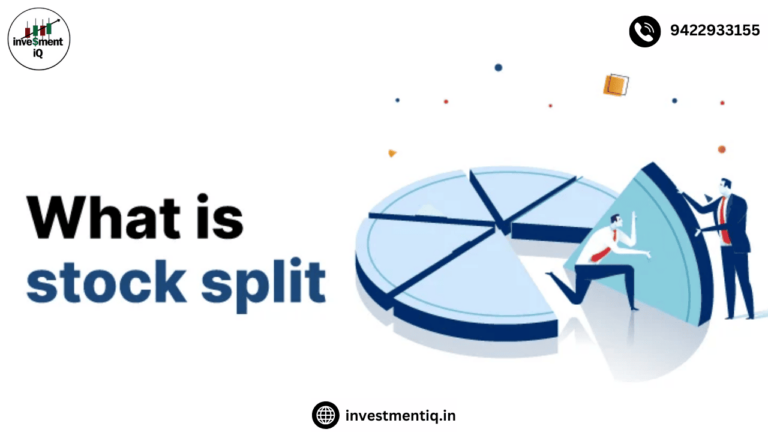
Understanding Quantum Computing: The Future of Technology
Quantum registering addresses a change in outlook in computational innovation, bridling the standards of quantum mechanics to take care of perplexing issues a long ways past the capacities of traditional PCs. As the world turns out to be progressively reliant upon cutting edge figuring for everything from environment displaying to sedate disclosure, quantum registering is ready to change businesses and rethink what is computationally conceivable.
This thorough aide investigates quantum registering, how it works, its expected applications, challenges, and the effect it could have on what’s to come.
What is Quantum Computing
At its core, quantum computing leverages the principles of quantum mechanics—a branch of physics that studies the behavior of particles at the atomic and subatomic levels. Unlike classical computers, which use bits to process information as 0s or 1s, quantum computers use quantum bits, or qubits, which can exist in multiple states simultaneously.
This unique property allows quantum computers to perform many calculations at once, making them exponentially more powerful for certain tasks compared to classical computers.
Key Concepts in Quantum Computing
Qubits
A qubit is the central unit of quantum data. Dissimilar to a traditional piece, which can be either 0 or 1, a qubit can be in a condition of 0, 1, or a superposition of both. This property empowers equal handling at an extraordinary scale.
Superposition
Superposition permits qubits to all the while exist in numerous states. This implies a quantum PC can handle countless conceivable outcomes on the double, empowering it to take care of issues that are computationally escalated for traditional frameworks.
Snare
Snare is a quantum peculiarity where at least two qubits become connected to such an extent that the condition of one straightforwardly impacts the condition of the other, no matter what the distance between them. This interconnectedness helps computational power and works with quicker information handling.
Quantum Doors
Quantum doors are the structure blocks of quantum circuits, controlling qubits through activities like superposition and ensnarement. They are what might be compared to rationale doors in traditional processing.
How Quantum Computing Works
Quantum registering works by encoding data into qubits and applying quantum activities through quantum entryways. Here is a worked on outline:
- Introduction: Qubits are ready in an underlying state.
- Quantum Activities: Quantum entryways control the qubits to perform computations.
- Estimation: The qubits breakdown into a traditional state (0 or 1), giving the answer for the issue.
- Not at all like traditional registering, which depends on a bit by bit process, quantum figuring takes advantage of quantum mechanics to at the same time investigate numerous arrangements.
Applications of Quantum Computing
Quantum processing can possibly change ventures by handling issues that are right now unsolvable with old style frameworks. Here are a few key applications:
Cryptography
Quantum PCs can break customary encryption strategies by tackling complex numerical issues, like calculating huge numbers, dramatically quicker than traditional PCs. This has suggestions for network protection and the requirement for quantum-safe encryption.
Drug Revelation
Quantum processing can recreate sub-atomic designs and associations at a nuclear level, accelerating drug disclosure and diminishing expenses. This could prompt forward leaps in medication and customized treatment.
Advancement Issues
From production network coordinated factors to monetary portfolio streamlining, quantum figuring succeeds at taking care of mind boggling enhancement issues including various factors.
Man-made reasoning and AI
Quantum processing can speed up AI calculations, empowering quicker preparing of computer based intelligence models and further developing example acknowledgment and prescient investigation.
Environment Displaying
Quantum figuring can process the immense datasets expected to show environment frameworks precisely, helping researchers anticipate and moderate the impacts of environmental change.
Materials Science
By recreating quantum associations in materials, quantum registering can assist with planning more grounded, lighter, and more effective materials for use in enterprises like aviation and development.
Challenges in Quantum Computing
- Equipment Constraints
Building stable quantum PCs is trying because of the fragile idea of qubits, which are inclined to mistakes brought about by ecological obstruction. - Blunder Remedy
Quantum frameworks require progressed blunder remedy techniques to guarantee solid calculations. This adds intricacy and asset requests. - Adaptability
Current quantum PCs have restricted qubits, limiting their functional use. Increasing to hundreds or thousands of qubits is a huge obstacle. - Cost
Quantum processing innovation is costly to create and keep up with, restricting its openness to a couple of enormous associations and examination foundations. - Absence of Normalization
The field needs standard conventions and benchmarks, making it hard to think about progressions across various quantum processing stages.
Quantum Computing vs. Classical Computing
| Feature | Quantum Computing | Classical Computing |
|---|
| Processing Units | Qubits | Bits |
| State Representation | Superposition | Binary (0 or 1) |
| Speed | Exponentially faster for certain tasks | Slower for complex problems |
| Error Susceptibility | High | Low |
| Applications | Specialized problems | General-purpose tasks |
The Future of Quantum Computing
- Headways in Equipment: Improved qubit dependability and adaptability will make quantum PCs more commonsense.
- Quantum-Safe Cryptography: With the ascent of quantum processing, secure encryption strategies will advance to safeguard delicate information.
- Industry-Explicit Arrangements: Customized quantum applications will arise in fields like medical care, money, and strategies.
- Expanded Availability: Cloud-based quantum registering stages will democratize admittance to this state of the art innovation.
Ethical and Social Implications
- Information Security: Quantum PCs could deliver current encryption out of date, undermining worldwide network safety.
- Mechanical Disparity: Admittance to quantum innovation might extend the hole among created and agricultural countries.
- Work Relocation: Computerization driven by quantum processing could disturb enterprises and labor force elements.
Conclusion
Quantum registering addresses a jump forward in innovation, offering unmatched capacities for taking care of mind boggling issues. While challenges stay, the headway being made by industry pioneers, scholarly establishments, and legislatures flags a splendid future for this groundbreaking innovation.
As we stand near the very edge of the quantum time, the way to tackling its possible lies in grasping its standards, tending to its difficulties, and applying it dependably. Quantum figuring isn’t simply the future — it’s an upset really taking shape.




